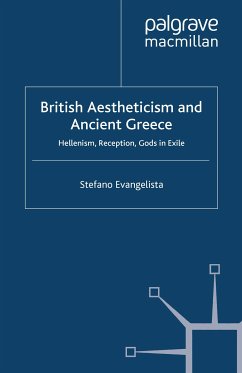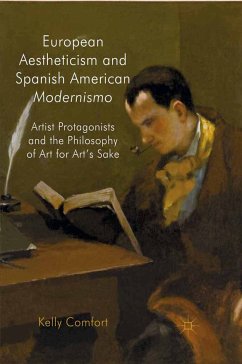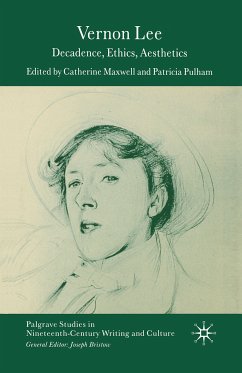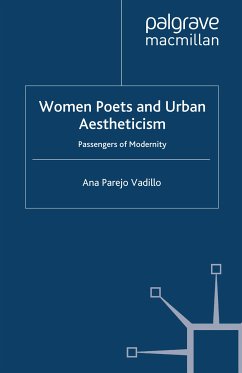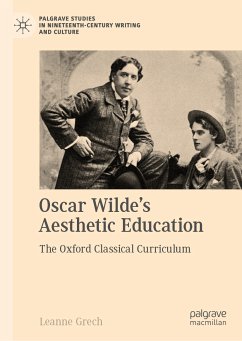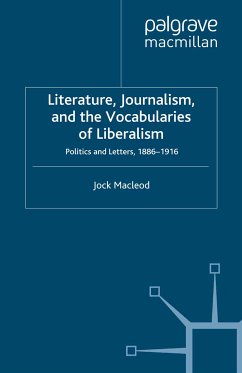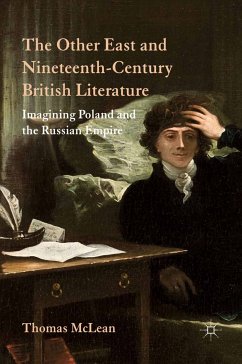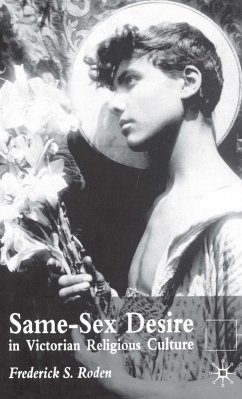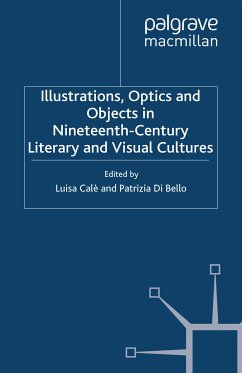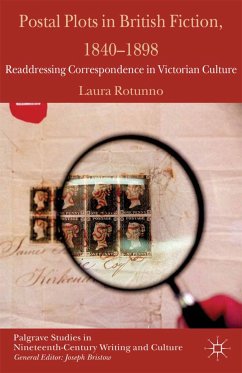'Evangelista's short book, which focuses on Walter Pater, Vernon Lee (Violet Paget), Michael Field (Katharine Bradley and Edith Cooper) and Oscar Wilde, offers one of the most exciting and subtle analyses of late nineteenth-century aestheticism that I have read... British Aestheticism and Classical Greece is a major contribution to the study of late-nineteenth century literature and the history of sexuality.' - Martha Vinicus, Review of English Studies
'Stefano Evangelista's first book is an elegant, intelligent, short, but significant contribution to the growing bibliography not just on the aestheticism of the final decades of the nineteenth century but also on the Victorian engagement with antiquity. Each of the four central
chapters, framed by a brief introduction and conclusion, examines a familiar icon of the movement Walter Pater, first and foremost, Vernon Lee, Michael Field, and Oscar Wilde but each also develops a fresh argument, not least by the focus on aestheticism's profound and complex fantasy of Hellenism. Hellenism, in this context at least, inevitably privileges desire and gender, and the volume is particularly good when it intertwines the self-positioning of Lee and Field through their involvements with Pater and male models of classicizing, sexualized aesthetics.' - Simon Goldhill, Victorian Studies
'...the cumulative impression gained from British Aestheticism and Ancient Greece is that it should be indispensable reading for anyone who wishes to have their horizons extended.' - Malcom Hicks, Modern Language Review
'Evangelista is good at sketching out the relationships between the explicitly scholarly and the flamboyantly imaginative. He uses for each of his writers a vast amount of less well known and in some cases unpublished materials that illustrate how much an enlarged sense of criticism as a way of life reshaped classical knowledge and was shaped by it in turn.' - Costanze Guethenke, The Classical Review
'Evangelista's book is a subtle, carefully structured, and textured contribution to Pater studies, which positions Pater very firmly as a pivotal figure in British aestheticism - perhaps not Dionysiac in appearance, but certainly in effect.' - Lene Oestermark-Johansen, Pater Newsletter
